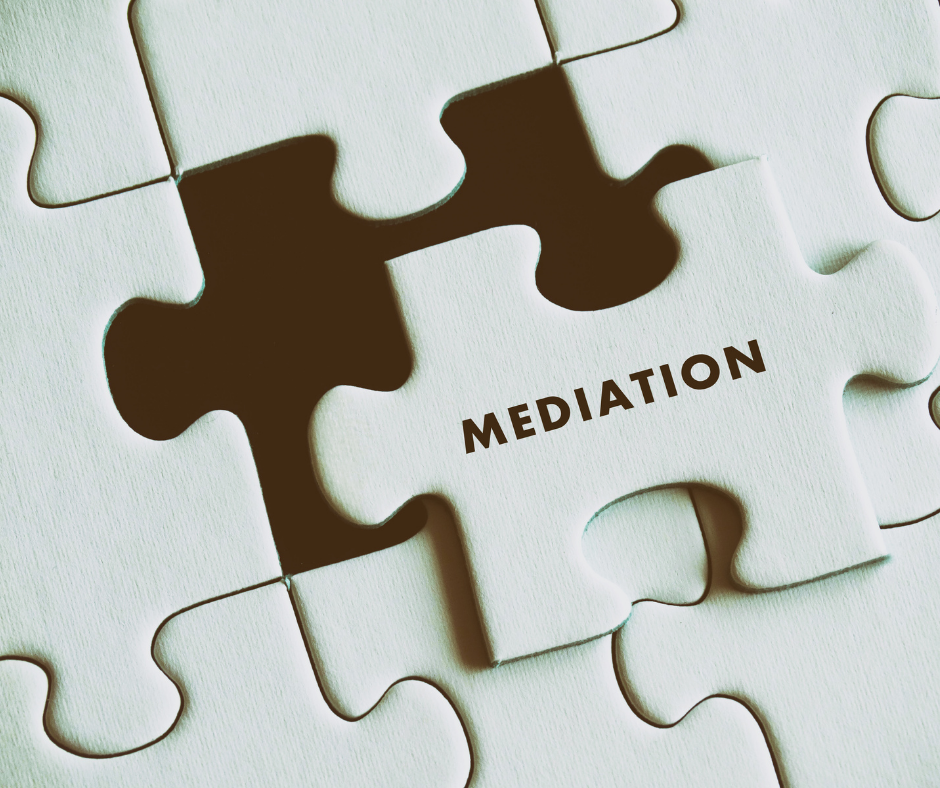
Family Mediation: what are the benefits?
18th January 2021With family law enquiries on the rise in January, family mediation is inevitably something that will be turned to by many, but what is it and how can it help you?
When a relationship breaks down mediation can help you with arrangements for your children and finances. It can help families resolve their difficulties and help to avoid expensive, stressful, and often confrontational court proceedings. Decisions made during mediation are likely to be more successful in the longer term than using other ways of settling matters. You and your former partner make the important decisions, not the court or someone else.
What to expect from mediation
A mediation appointment will be at a neutral venue where you can talk about matters openly. Your mediator assists you in identifying the matters that need to be discussed and helps to identify realistic and practical solutions whilst at the same time remaining impartial and neutral. Our trained mediators understand that it is often hard to talk to one another, especially when you are going through difficult times and dealing with a wide range of emotions, as well as trying to cope with everyday matters. We allow you a non-judgmental space to try to come to a mutually agreeable agreement.
Before any mediation you should think about what you would like to get from your meeting, what is it you and the other party are trying to accomplish? It may be sorting out your financial arrangements, property or child contact. Ensure it is clear in your mind before the meeting. You should bring any documentation that is relevant with you.
If the relationship between yourself and your ex-partner is particularly difficult, it is possible for you to be in separate rooms. The mediator can go between you both, so you do not necessarily have to “face” them.
Remember the mediator is there to act as a go between, without taking sides, to provide a safe place for you to reach an agreement that suits you both and offer impartial advice on ways to do this.
You will start with a MIAM (Mediation Information and Assessment) session. At this meeting you will find out more about mediation, how it works, and whether it is suitable for you. You will also talk through how many sessions are recommended and the finances for these sessions. If you are going through the court process, they will often insist that you at least have a MIAM. This first meeting can be attended with your ex-partner, or alone. If it is agreed that you will proceed with mediation your first session will be booked.
How many sessions of mediation you will need will depend on what must be decided and your circumstances. Normally, it takes between 3-5 sessions to come to a final agreement. Once an agreement is reached your mediator will draw this up into a document to be signed by both parties, it is also possible to make it a legally binding contract via a consent order through the courts.
You can find out more about mediation and the service we offer here
If you need advice on mediation, please contact Terry Bastyan at or call 01392 424242.






